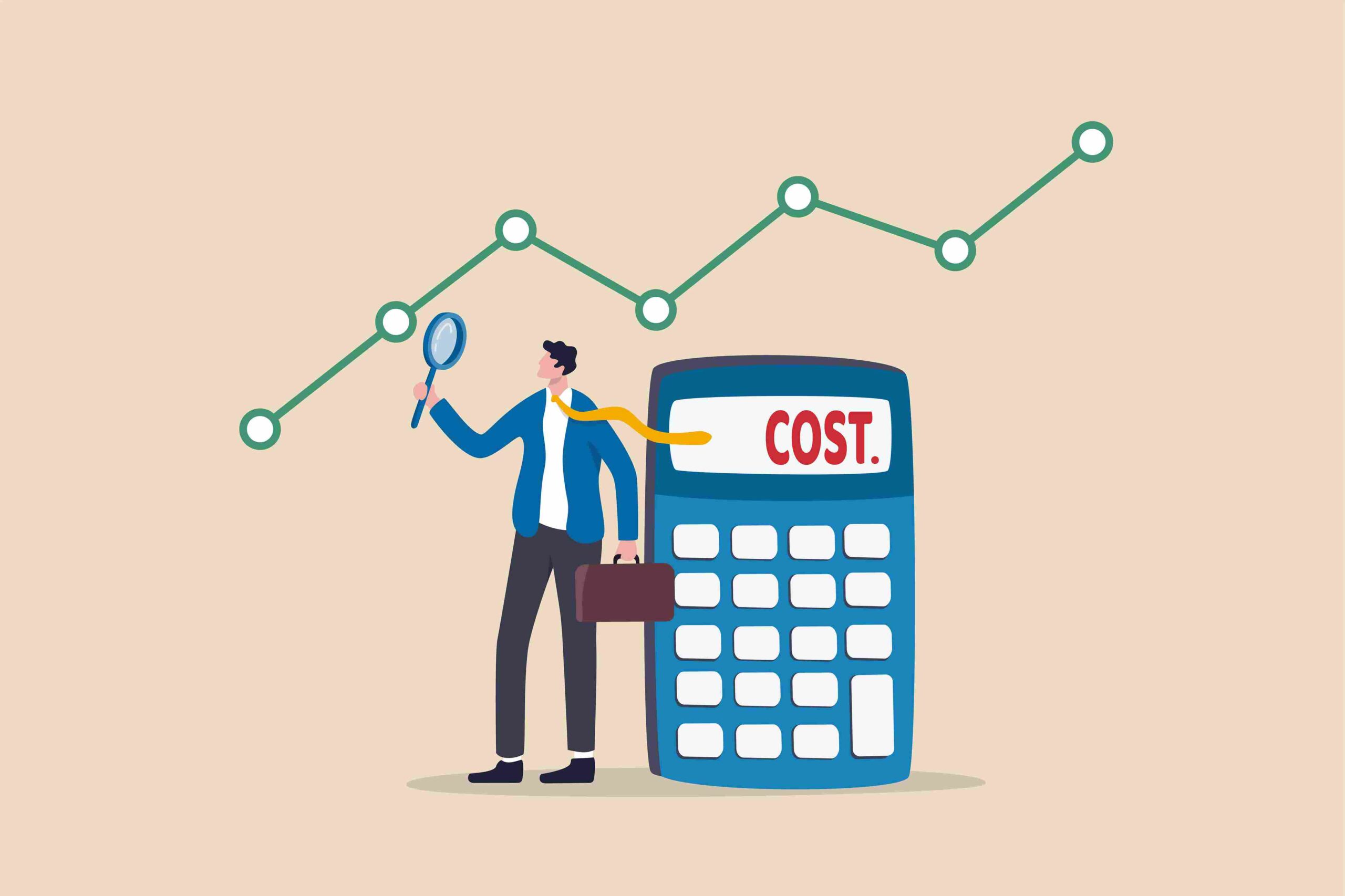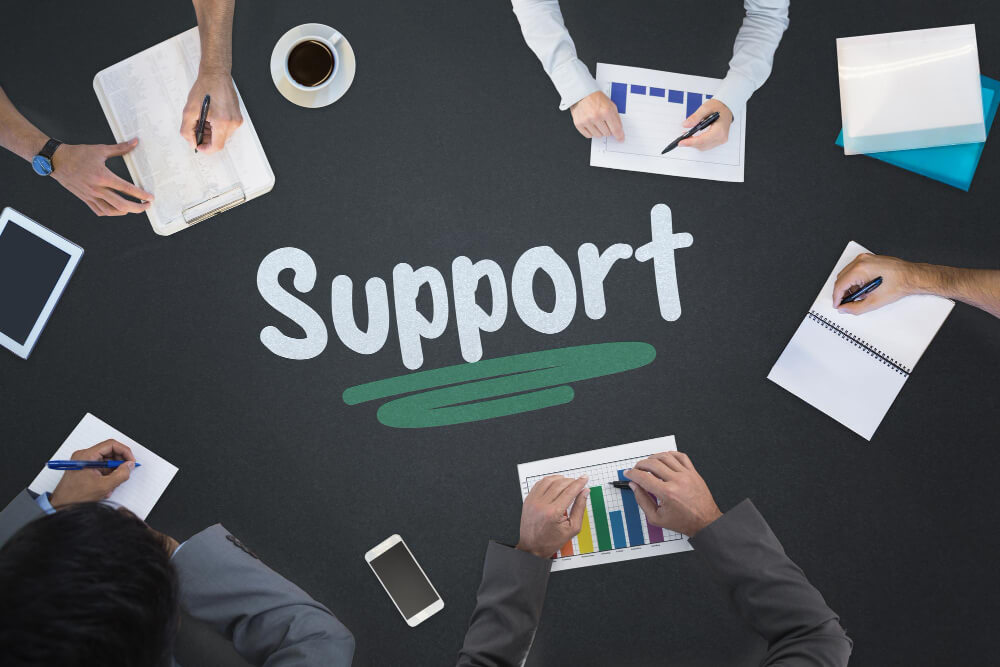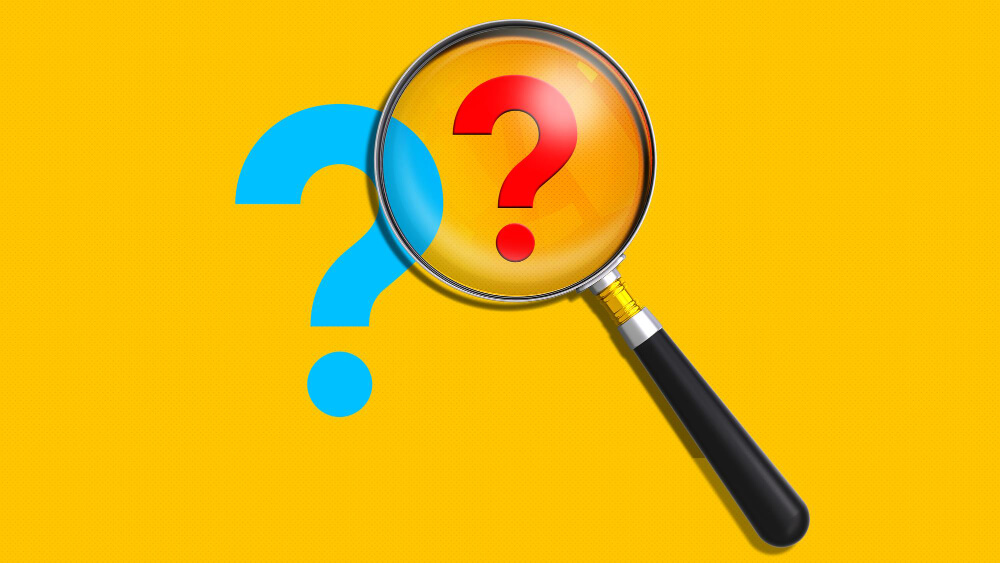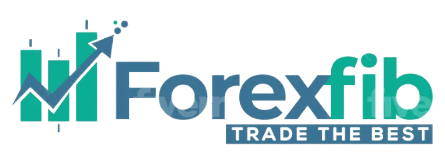Unlocking the Secrets of Success: How to Choose the Right Forex Broker for Your Trading Journey
Embarking on the Forex trading journey is akin to setting sail in the vast ocean of the global financial market. It’s an adventure filled with opportunities, challenges, and the quest for wealth. However, just as a sturdy ship and an experienced captain are crucial for navigating the high seas, choosing the right Forex broker is paramount in the trading world. This guide will steer you through the choppy waters, ensuring you dock at the shores of success.
Why the Right Forex Broker Matters
Think of your Forex broker as your gateway to the markets. They are your partner in trade, providing you with access to the currency markets, tools for analysis, trading platforms, and hopefully, a wealth of educational resources. The right broker can enhance your trading experience, offering tight spreads, a stable trading platform, and excellent customer support. On the flip side, the wrong broker could be a costly detour on your trading journey.
Understanding the Forex Market Landscape
Before diving into how to choose a broker, let’s lay the groundwork. The Forex market is the world’s largest financial market, with more than $6 trillion worth of transactions happening every day. It operates 24 hours a day, five days a week, offering traders the flexibility to trade at their convenience. This market’s magnitude and continuous operation make it essential to have a reliable broker that can keep up.
Regulation and Security: The Pillars of Trust

Regulation: A Seal of Credibility
Regulation should be the first checkpoint in your broker selection criteria. A regulated broker means they adhere to strict standards set by regulatory bodies, ensuring your trading experience is secure and fair. Look for brokers regulated by reputable organizations like the FCA in the UK, CySEC in Cyprus, or ASIC in Australia. These bodies ensure that brokers operate with integrity, transparency, and in the best interest of their clients.
Security: Your Fortress of Solitude
In a world where cyber threats lurk around every corner, the security of your funds and personal information cannot be overstated. Ensure that the broker uses state-of-the-art security measures such as SSL encryption for data transmission and segregated accounts for client funds. This way, even if the broker encounters financial difficulties, your funds remain protected.
The Trading Platform: Your Battlefield
Navigating the User Interface
The trading platform is where all the action happens. It’s crucial that it’s not only powerful but user-friendly. Whether it’s MetaTrader 4 (MT4), MetaTrader 5 (MT5), or any proprietary platform, ensure it offers a seamless experience. You don’t want to be in the heat of trading only to be bogged down by a complicated interface.
Tools and Resources: Your Arsenal
A good trading platform comes equipped with a range of analytical tools, graphical objects, and automated trading capabilities. These resources are invaluable for making informed decisions. Also, look for platforms that offer a demo account, allowing you to test the waters before diving in with real money.
Costs and Fees: The Price of Doing Business

Understanding the Spread
The spread, the difference between the bid and ask price, is how most brokers make their money. A narrower spread means less cost for you on each trade. However, be wary of brokers advertising zero spreads; they might make up for it with other fees.
Other Fees to Consider
Besides the spread, look out for commission fees, overnight financing charges (swap rates), and inactivity fees. While these fees are part of trading, a transparent broker will have them clearly outlined on their website, allowing you to calculate the cost of trading effectively.
Leverage: A Double-Edged Sword
The Power of Leverage
Leverage allows you to control a large position with a relatively small amount of capital. It can amplify profits, but it also increases the risk of significant losses. Be cautious of brokers offering excessive leverage; while it may seem attractive, it can quickly lead to a blown account.
Choosing the Right Leverage for You
Consider your risk tolerance and trading strategy when choosing leverage. A conservative approach might be a leverage of 10:1 or 20:1, while more aggressive traders might opt for higher leverage. Ensure your broker offers flexible leverage options that suit your trading style.
Customer Support: Your Lifeline
Availability and Accessibility
Good customer support can be a godsend, especially in the fast-paced Forex market. Look for brokers that offer 24/5 support, matching the trading week. Support should be accessible through multiple channels like live chat, email, and phone.
Language and Quality of Support

The ability to communicate effectively with your broker is critical. Ensure they offer support in a language you’re comfortable with. Moreover, assess the quality of support by reading reviews or testing the service yourself. Prompt, knowledgeable, and friendly support staff can significantly enhance your trading experience.
Education and Resources: Building Your Knowledge Base
A Library at Your Fingertips
Whether you’re a novice or an experienced trader, continuous learning is key to success in Forex trading. A good broker will offer a wealth of educational resources such as tutorials, webinars, e-books, and articles. These resources can help you sharpen your trading skills and stay updated on market trends.
Practical Tools for Everyday Use
Beyond educational content, look for brokers that offer practical trading tools like economic calendars, news feeds, and market analysis. These tools can help you make informed decisions, keeping you one step ahead in the game.
The Community and Social Trading: Learning Through Collaboration

Harnessing the Power of the Crowd
Social trading has become a popular way to engage with the Forex market. It allows traders to follow and copy the trades of experienced investors. If you’re interested in social trading, look for brokers that offer integrated social trading platforms.
Building Connections
A vibrant trading community can offer support, insight, and even friendship. Check if your prospective broker hosts forums or online communities. These can be invaluable resources, especially when you’re starting out.
Making the Decision: Your Trading Partner Awaits
Choosing the right Forex broker is a crucial step on your trading journey. It requires careful consideration of your personal trading style, needs, and goals. Don’t rush the process. Take your time to research, compare, and, most importantly, test the brokers through demo accounts. Remember, this is a partnership, and finding the right match can set the stage for your success in the Forex market.
Conclusion
Embarking on your Forex trading journey with the right broker can significantly impact your success. It’s about finding a partner that aligns with your trading style, offers robust support, and provides you with the tools to navigate the markets effectively. By prioritizing regulation, platform functionality, costs, leverage, customer support, and educational resources, you can make an informed choice that paves the way for a rewarding trading experience. Happy trading!
FAQs

1. How long does it usually take to open a Forex trading account?
Opening a Forex trading account can be as quick as a few minutes to a few days, depending on the broker’s verification process and your readiness with the required documents.
2. Can I trade Forex with $100?
Yes, many brokers offer micro or mini accounts that allow you to start trading with as little as $100. However, how much you should start with depends on your financial situation, trading strategy, and risk tolerance.
3. What is the best Forex trading platform for beginners?
MetaTrader 4 (MT4) is widely regarded as the best platform for beginners due to its user-friendly interface, extensive support materials, and broad adoption by brokers.
4. How can I verify if a Forex broker is regulated?
You can verify a broker’s regulatory status by checking their website for regulatory information and then cross-referencing that information with the regulator’s official website or database.
5. Are profits from Forex trading taxable?
Tax laws vary by country, but in many cases, profits from Forex trading are subject to taxation. It’s important to consult with a tax professional in your jurisdiction to understand your tax obligations.




